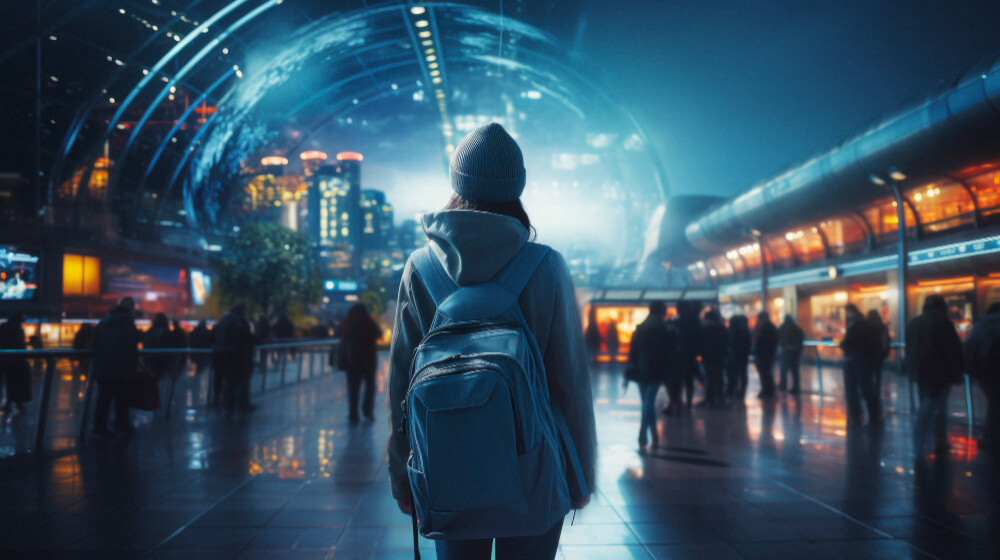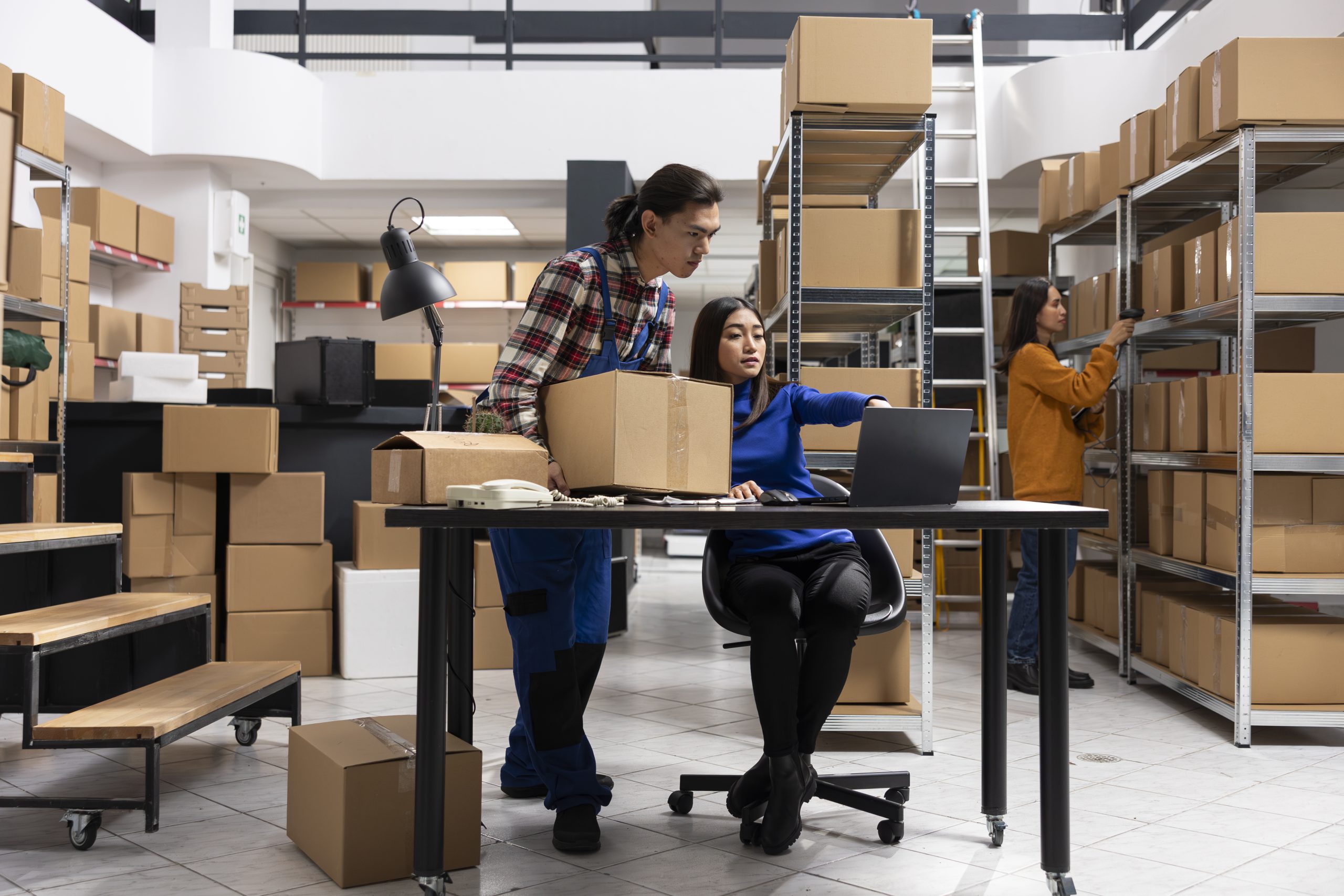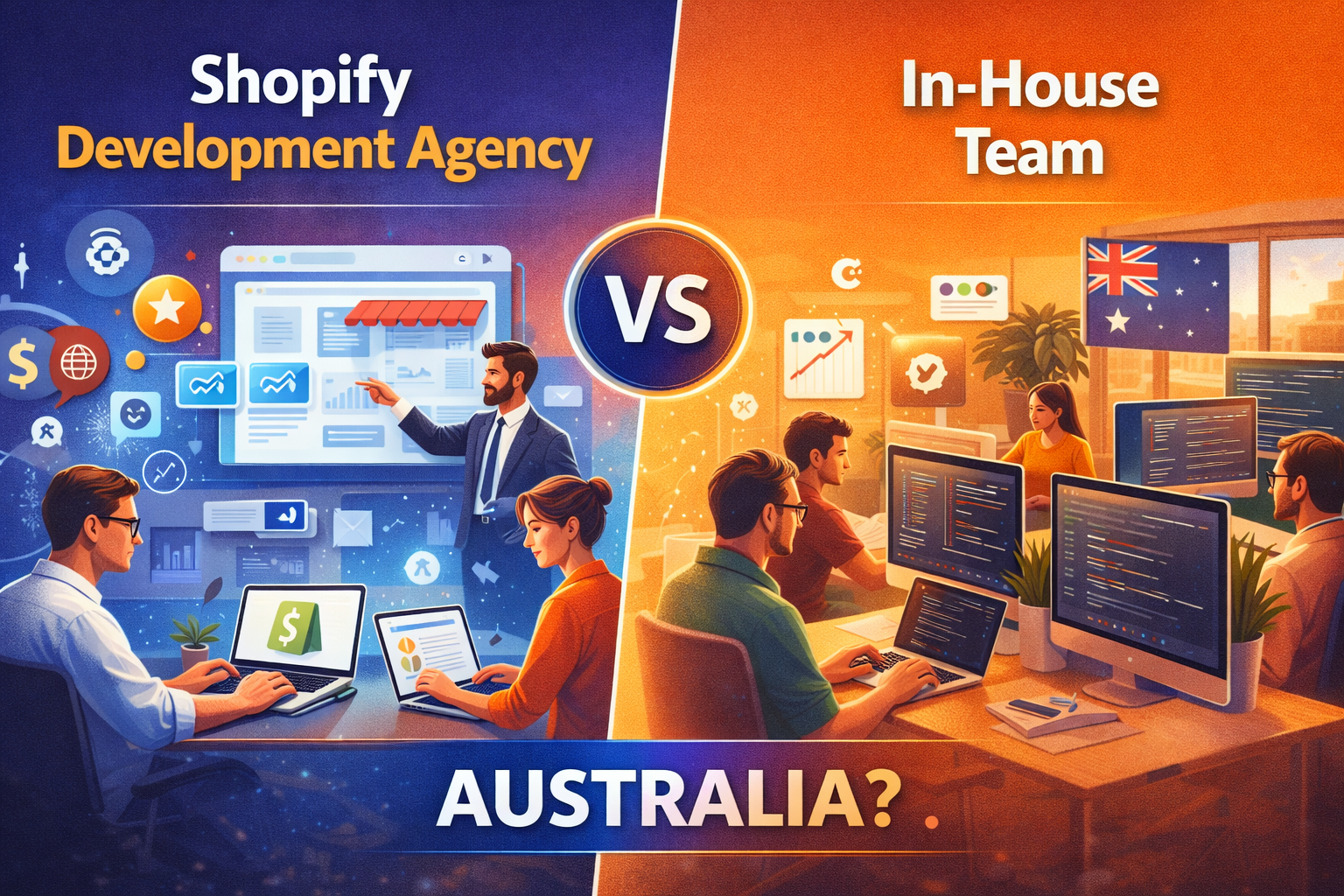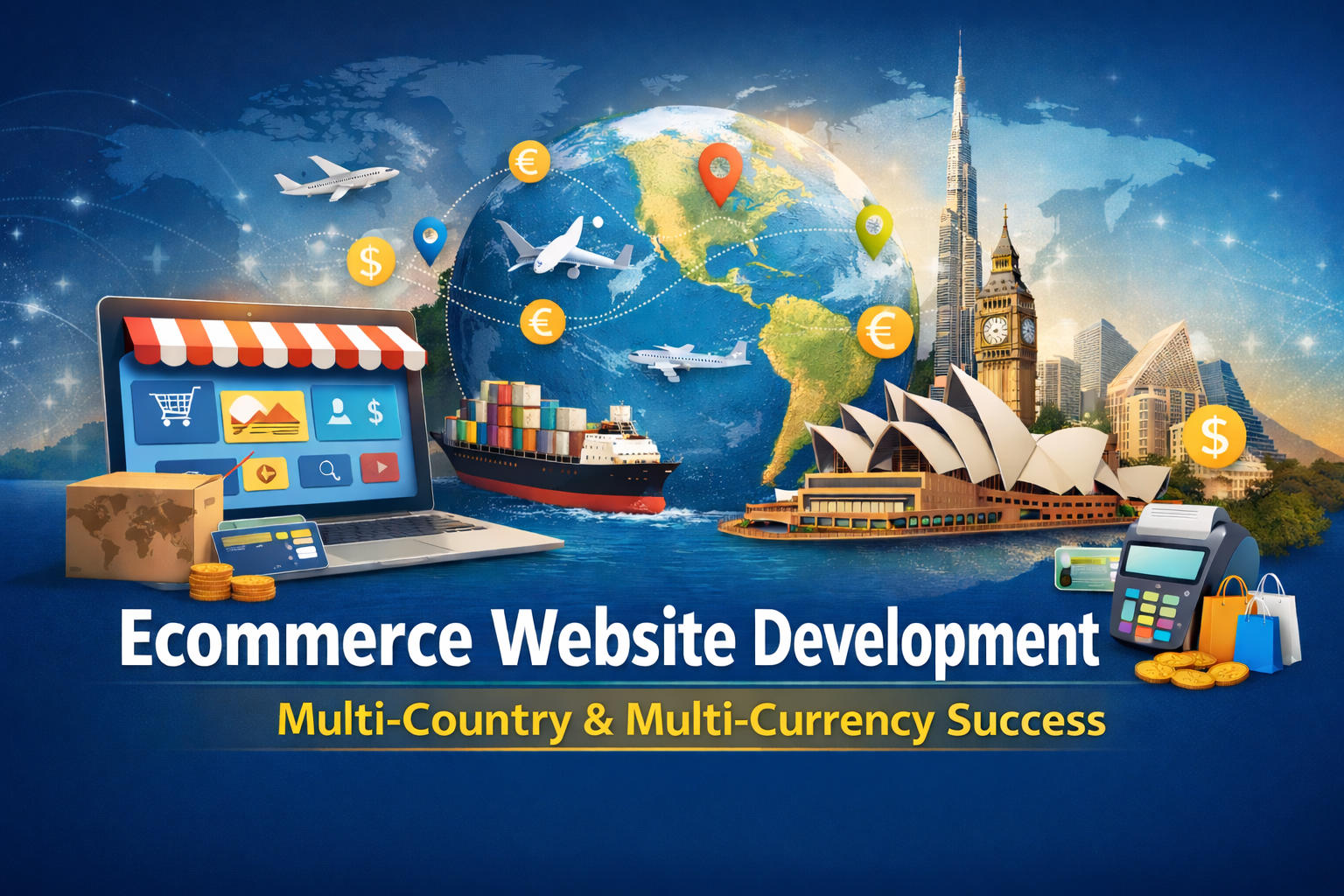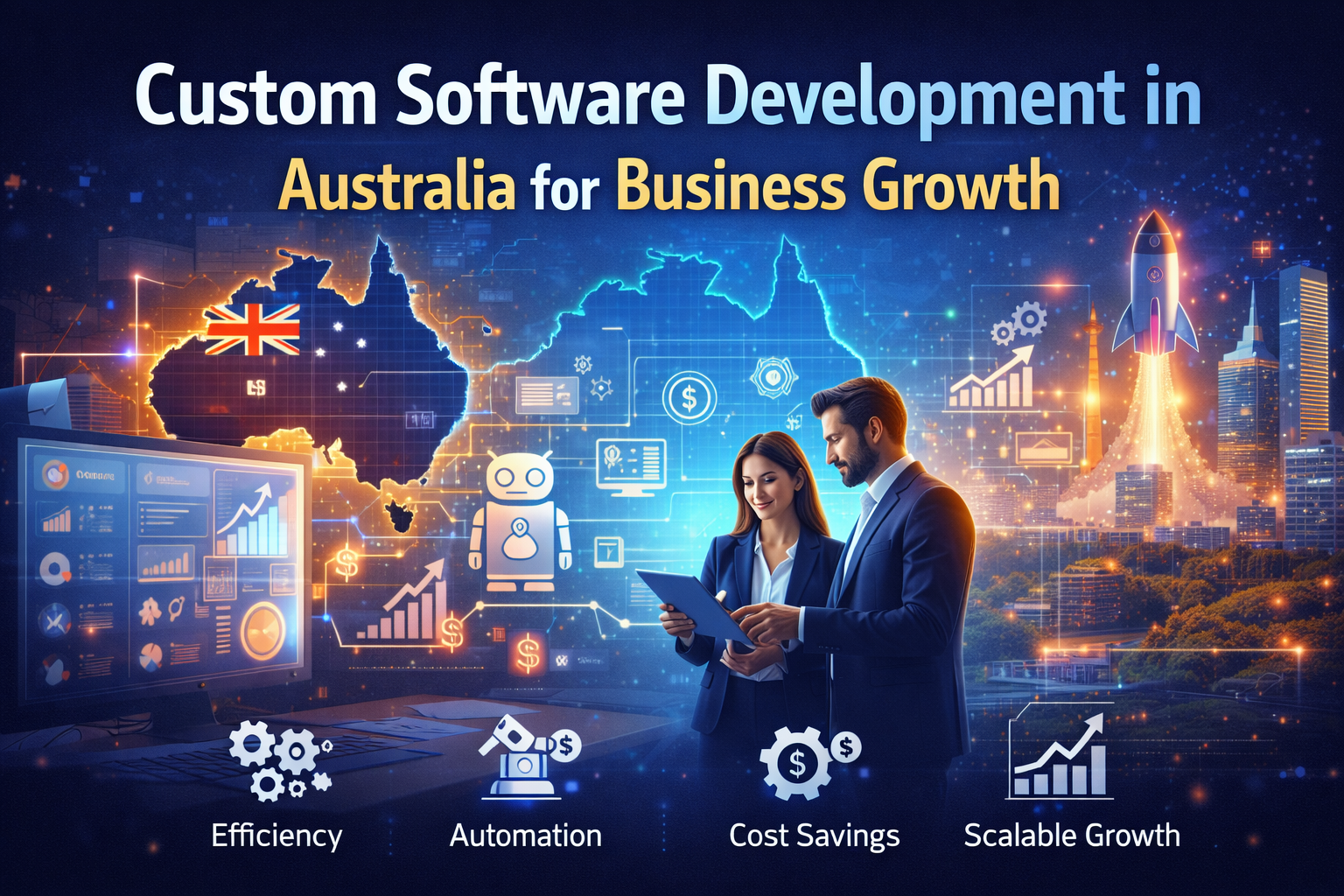“What if your website could talk to travellers, predict what they want, and close the deal instantly?”
Imagine this- a traveller lands on your site, searches for a hotel, compares prices, asks for custom itineraries, and books- all of that under 90 seconds. Now compare that to the usual process with slow search results, less upsell opportunities, and frustrated users leaving halfway through.
Based on global travel reports, businesses lose nearly 38% of potential revenue because of these gaps. So, this blog will reveal how AI in travel is helping brands cut drop-offs, boost booking speed, and personalise offers at scale.
We will also look at real cases where AI in tourism delivered 25% higher conversion in eight weeks and how AI in travel and tourism solutions are automating pricing, chat responses, and itinerary planning.
By the end, you will know exactly what to ask from an AI development company to fix these problems for good.
Let’s Begin.
What is AI in Travel and Tourism Industry?
AI in the travel and tourism industry involves the use of artificial intelligence technologies to enhance customer experiences, simplify booking processes, offer dynamic pricing, and improve safety and personalisation.
When it comes to AI in tourism, AI-driven chatbots, virtual assistants, and facial recognition provide instant support, automate routine inquiries, and recommend tailored travel options. it makes trips more efficient, enjoyable, and secure for both travellers and businesses.
How Big is the AI in Travel Market in Australia?
- The online travel market in Australia reached USD 11.3 billion in 2024.
- The market is anticipated to grow to USD 26.4 billion by 2033, reflecting a compound annual growth rate (CAGR) of 9.90% during the period from 2025 to 2033.
- In addition, the AI in tourism market in Australia is projected to reach a revenue of USD 194.7 million by 2030.
- From 2025 to 2030, the sector is expected to grow at a compound annual growth rate of 25.2%.
- The growth is driven by increased digital adoption, enhanced booking convenience, and consumers’ strong demand for effortless, mobile-responsive platforms.
- There is a notable rise in activity related to flights, accommodations, and experiences in both local and international markets.
The Impact of AI in Travel and Tourism, Australia
AI has significantly changed the Australian travel and tourism industry, fundamentally transforming how travellers plan, book, and experience their journeys.
Let’s take a look at the impact of AI in transportation: –
- Currently, use of AI in travel through AI-driven platforms assist 28% of Australian travellers in booking their holidays, representing a remarkable 73% increase over the past year.
- The widespread adoption of AI tourism has led hospitality businesses to improve guest experiences, with 47% implementing AI search tools to provide better recommendations.
- The digital transformation is resulting in hyper-personalised travel itineraries through the analysis of traveller preferences and histories.
- AI in tourism through chatbots and virtual assistants offer round-the-clock support, making the booking process smoother and addressing customer inquiries instantly.
- There is a noticeable industry-wide shift towards automation, which is increasing operational efficiency and reducing wait times for customers.
- The rise of AI in travel has also raised concerns about payment fraud, emphasising the need for more secure digital interactions within tourism.
10 Benefits of AI in Travel, Tourism and Transport Industry, Australia
Artificial Intelligence (AI) is transforming Australia’s key industries by improving efficiency and personalising the visitor experience. AI in travel simplifies operations from booking to arrival, making travel smoother for everyone.
1. Personalised Travel Recommendations
AI in travel industry analyses user preferences to suggest customised itineraries, ranging from outback adventures to urban dining, resulting in unique and customised holidays in Australia.
2. Dynamic Pricing and Revenue Management
Airlines and hotels use AI to adjust prices in real time based on demand, local events, and weather conditions, optimising revenue and offering savvy travellers better deals.
3. 24/7 Customer Service via Chatbots
AI in travel insurance through chatbots provide instant, round-the-clock answers to common queries, allowing human agents to focus on more complex issues and improving response times.
4. Efficient Airport Processing
Facial recognition technology at smart gates speeds up the check-in and boarding processes, enhancing security and reducing wait times at major Australian international airports.
5. Optimised Urban Traffic Flow
AI analyses real-time traffic data in cities like Sydney and Melbourne to manage signal timings, easing congestion and improving the efficiency of public transport.
6. Predictive Maintenance for Safety
Sensors on aircraft and trains leverage AI to predict mechanical issues before they occur, ensuring safer and more reliable travel with fewer cancellations.
7. Smarter Baggage Handling
AI vision systems track luggage throughout its journey, significantly reducing the rate of lost bags and providing passengers with real-time location updates.
8. Proactive Virtual Travel Assistants
AI assistants manage entire trips by offering live flight alerts, rerouting for traffic, and making bookings, essentially acting as a personal concierge for tourists.
9. Sustainable Hospitality Operations
Hotels employ AI to intelligently manage energy usage in unoccupied rooms, lowering costs while supporting Australia’s sustainability goals.
10. Data-Driven Tourism Management
Tourism Australia uses AI to analyse visitor data and social media, helping to manage overcrowding at iconic sites and effectively promote regional destinations.
The Application of AI in Travel and Tourism, Australia
Artificial Intelligence (AI) is being increasingly utilised in Australia’s travel and tourism sector to simplify operations and increase the customer experience. The use of AI in travel industry span from trip planning to post-trip feedback, resulting in a more efficient and data-driven industry.
These are some of the applications of AI in travel & tourism: –
1. AI-Powered Recommendation Engines
Travel websites and apps employ AI algorithms to analyse user behaviour and preferences.
These systems automatically suggest relevant flights, accommodations, and Australian experiences, such as wine tours or coastal walks.
2. Intelligent Chatbots and Virtual Assistants
Many travel companies in Australia deploy AI chatbots on their websites and social media platforms.
Use of AI in transport through chatbots handle customer inquiries instantly, providing information on bookings, policies, and destination details 24/7.
3. Facial Recognition for Biometric Processing
Use of AI in transportation industry like major international airports, including Sydney and Melbourne, have implemented facial recognition systems at check-in, bag drop, and boarding gates.
These systems verify passenger identities and expedite the flow through terminals.
4. Dynamic Pricing Systems
AI in transportation and logistics such as Airlines and hotel chains implement AI to automatically adjust pricing in real-time based on fluctuating factors such as demand, competitor pricing, seasonality, and significant local events.
5. Sentiment Analysis of Online Reviews
AI tools scan and analyse thousands of online reviews and social media posts to gauge guest sentiment regarding specific hotels, tours, or destinations, thereby providing businesses with actionable feedback.
6. Automated Content Personalisation
Marketing platforms use AI to create and deliver personalised email campaigns and social media ads to potential visitors, showcasing specific Australian attractions that align with their inferred interests.
7. Smart Energy Management in Hotels
AI systems manage energy consumption within hotel facilities by controlling heating, ventilation, air conditioning (HVAC), and lighting in unoccupied spaces based on sensor data.
7 Successful Travel and Tourism Businesses That are Using AI
Several leading Australian travel companies are using artificial intelligence (AI) to gain a competitive advantage and enhance customer experiences. AI in tourism is being used for personalisation, operational efficiency, and smarter marketing, thereby setting new standards in the industry.
These are some of the successful business examples of AI in tourism: –
1. Qantas
- It is one of the important AI in transportation examples.
- The airline utilises AI for dynamic pricing, optimising flight routes for fuel efficiency, and conducting predictive maintenance on its aircraft to improve safety and reduce delays.
2. Flight Centre
- Its AI-powered chatbot, “Sam,” handles a high volume of customer inquiries 24/7.
- It provides instant support on bookings and travel information, allowing consultants to focus on complex sales.
3. Webjet
- Webjet employs sophisticated AI algorithms to analyse market data on its online travel agency (OTA) platform.
- It enables dynamic package recommendations and competitive pricing for travellers.
4. Tourism Australia
- The organisation uses AI to analyse vast amounts of social media and search data, helping to identify emerging travel trends.
- AI in tourism industry allows for highly targeted and effective global marketing campaigns.
5. Atlantis
- The travel software provider integrates AI into its booking engines for corporate clients, automating expense policy checks and simplifying the entire business travel management process.
6. Hello Scout
- An Australian startup, Hello Scout uses AI to create detailed and custom itineraries in seconds by analysing user preferences, saving both travellers and agents significant planning time.
7. InterContinental Sydney
- Through the use of AI in tourism and hospitality industry, the hotel implements AI-driven revenue management systems to adjust room pricing dynamically based on demand forecasts, maximising occupancy and revenue.
The Future of AI in Travel and Tourism, Australia
The future of artificial intelligence (AI) in travel and tourism in Australia is poised to transform the industry by offering custom, efficient, and sustainable experiences.
- AI in travel and tourism is increasingly being used for customised travel recommendations, such as custom itineraries and real-time dynamic pricing based on demand and market trends.
- AI-powered chatbots and virtual assistants improve customer service by providing instant support and streamlining the booking process.
- AI improves operational efficiency by predicting equipment failures and optimising resource management in airlines and hotels.
- It also plays a vital role in sustainability by calculating efficient travel routes to help reduce carbon footprints.
- Australian tourism operators and destination marketing organisations are quickly adopting AI tools for strategic planning and marketing optimisation.
Despite facing challenges like the need for technical expertise and privacy concerns, over 85% of industry professionals anticipate positive business impacts from AI in the coming years, positioning it as a transformative force in travel and tourism across Australia.
Implement AI in Your Travel Business and Bring 2X Revenue With Vrinsoft
For 15+ years, Vrinsoft Pty Ltd has been the trusted partner for travel businesses in Australia who want to scale faster. With 500+ successful deployments and over 200 satisfied clients worldwide, we know what works and what doesn’t.
Our team delivers quality AI development solutions that help you optimise pricing, automate customer support, and personalise every booking experience. As the best AI development company in Melbourne, Australia, we combine strategy and execution to make your travel business future ready.
Whether you need custom chatbots, predictive analytics, or booking engine upgrades, our AI development services are built to deliver measurable ROI.
Explore our case studies to see how a specialised AI development services company is helped brands like you in achieving 2X results.
So, why to wait? Let’s make your travel business smarter and more profitable Call us at 0480027297 or fill out the contact form below to get started.
